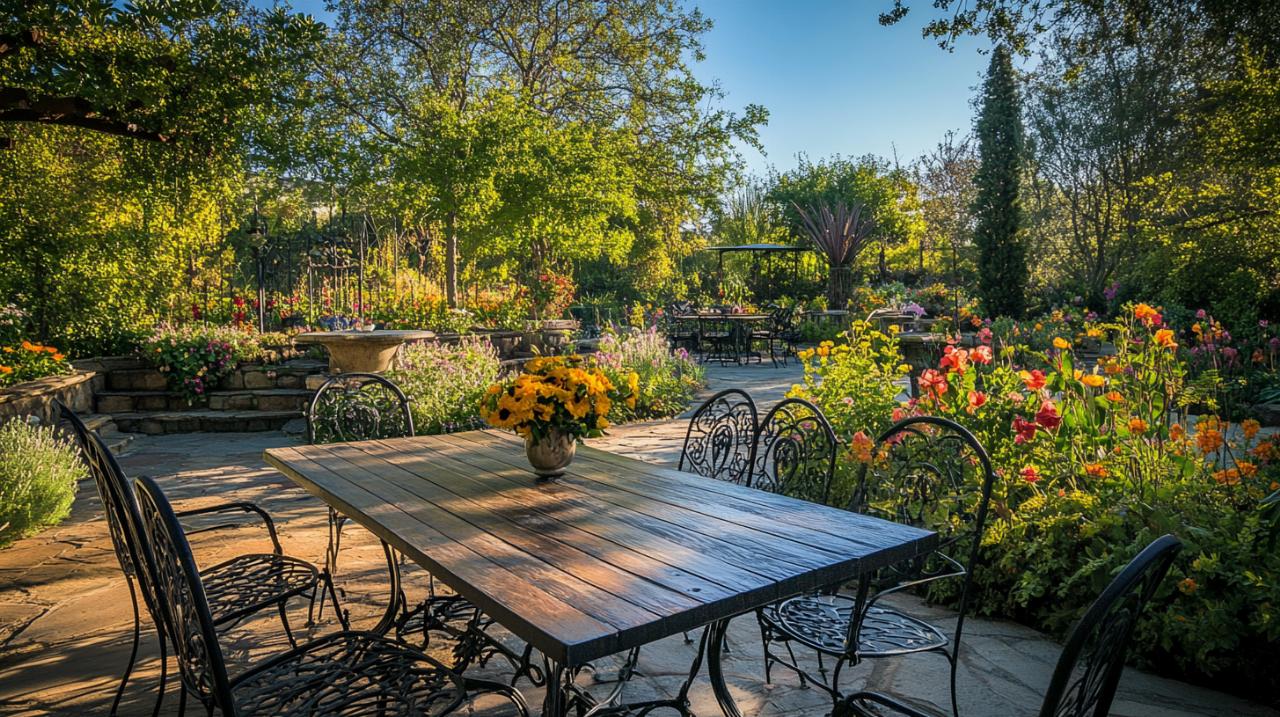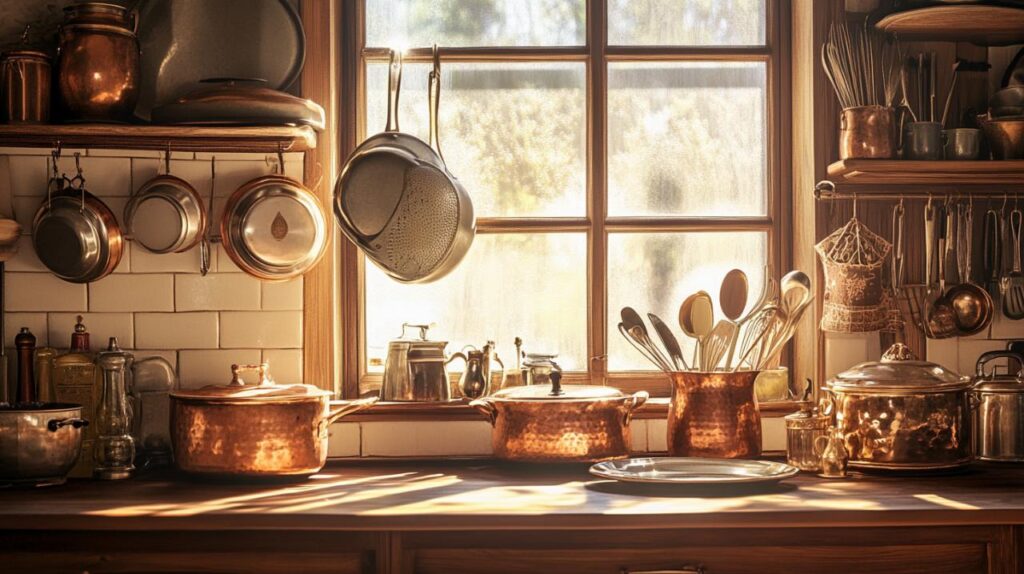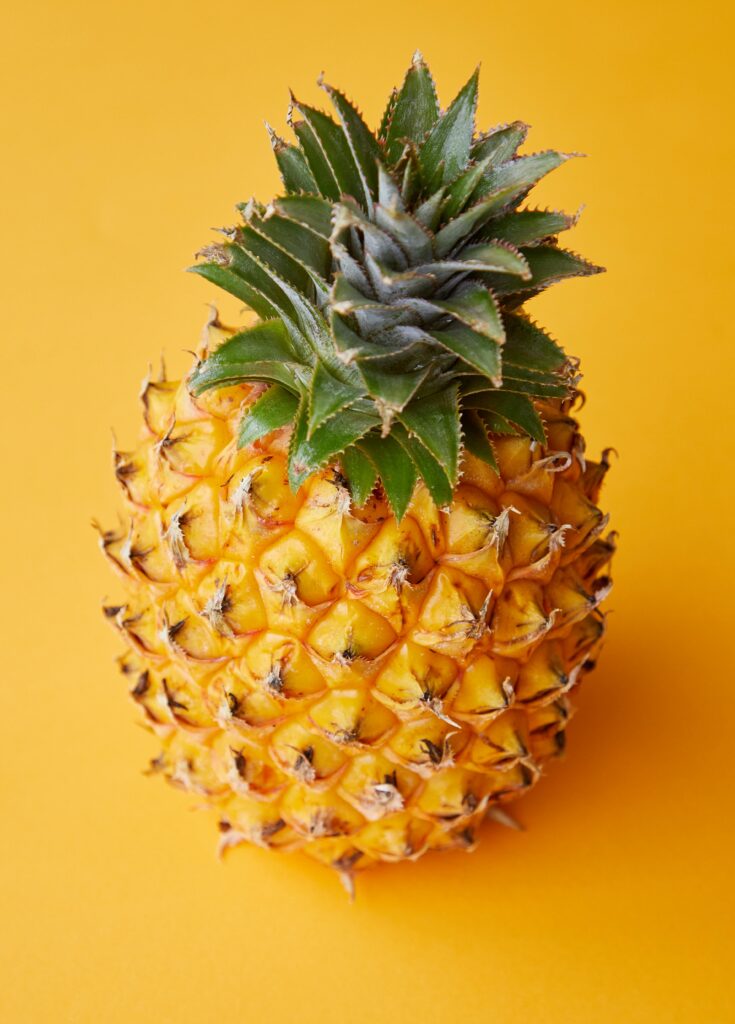Transforming your outdoor space into a welcoming retreat begins with selecting the perfect garden table. Whether you are blessed with a sprawling lawn, a cosy patio, or a compact balcony, the right table can anchor your alfresco living area and set the tone for countless memorable gatherings. From intimate morning coffees to lively summer barbecues, your choice of garden furniture will influence not only the functionality of your space but also its aesthetic appeal and long-term enjoyment.
Understanding different garden table materials and their benefits
When embarking on the journey of selecting garden furniture, one of the most critical decisions revolves around the material. Each option presents its own unique combination of visual charm, resilience, and practical considerations. Understanding the strengths and limitations of these materials will empower you to make an informed choice that suits both your lifestyle and the demands of British weather.
Wood, Metal, and Rattan: Comparing Durability and Maintenance
Wooden garden tables, particularly those crafted from teak, acacia, or eucalyptus, offer a timeless elegance that seamlessly blends with natural surroundings. Teak stands out for its exceptional weather resistance and innate ability to withstand the elements, though it does require regular maintenance to preserve its lustrous appearance. Applying oil or sealant every six to twelve months ensures the wood remains protected and retains its rich colour. Acacia brings warmth and affordability to the table, quite literally, and a well-maintained acacia piece can provide years of service. A typical acacia table measuring around 120 centimetres in length might cost approximately one hundred and ten pounds, making it an attractive option for those seeking both style and value. The main types of garden tables in wood demand periodic attention, but the natural beauty and classic appeal make the effort worthwhile.
Metal tables, encompassing options such as aluminium, wrought iron, cast aluminium, and powder-coated steel, present a contrasting set of characteristics. Aluminium tables are celebrated for their lightweight construction and robust rust resistance, making them remarkably easy to maintain. The Málaga Clásica table exemplifies this balance of practicality and durability, available for around one hundred pounds. Cast aluminium emerges as a particularly strong candidate for the UK climate, combining strength with corrosion resistance. Wrought iron exudes a sense of solidity and traditional charm, though it may require occasional rust protection and an annual application of anti-rust spray to maintain its integrity. Stainless steel and powder-coated steel options offer modern aesthetics with minimal upkeep, requiring little more than a wipe down after rain to keep them looking pristine.
Synthetic rattan and rope have surged in popularity for their contemporary design and low maintenance demands. These materials resist moisture and mildew, making them ideal for the unpredictable British climate. A woven resin table such as the Ouvéa model, with a diameter of approximately 139 centimetres, costs around one hundred pounds and offers both modern flair and easy cleaning. Rope furniture adds a trendy touch while being quick-drying and resistant to the elements. Glass-topped tables bring a sleek, sophisticated look and are effortlessly cleaned with standard glass cleaner, though they are best suited for covered areas where they face less risk of damage. Polypropylene tables deliver functional, budget-friendly solutions, with models measuring 138 by 78 centimetres available for about fifty pounds, making them accessible to those with modest budgets.
Weather-resistant options for british climate conditions
The British climate, with its frequent rain, occasional frost, and unpredictable sun, demands garden furniture that can withstand a variety of weather conditions. UV protection, rust resistance, and waterproof seals are essential features to consider when selecting a table that will remain outdoors year-round. Aluminium stands out as a rust-proof material that tolerates the damp conditions prevalent across the UK, though it can become warm to the touch during sunny spells. Synthetic rattan and rope excel in their ability to repel moisture and resist mildew, ensuring your furniture remains fresh and functional even after heavy downpours.
Teak wood offers high weather resistance with medium maintenance requirements, while aluminium and synthetic rattan provide high resistance with low maintenance demands. Wrought iron sits in the medium range for both weather resistance and maintenance, requiring periodic checks and treatments. Glass-topped tables, while elegant, fall into the low to medium weather resistance category and benefit from placement under pergolas or other sheltered structures. For those seeking robust design with minimal intervention, cast aluminium represents an excellent all-rounder, combining the strength needed to endure British winters with the resilience required for summer sun.
Seasonal care plays a vital role in extending the lifespan of your garden table. In spring, a thorough cleaning and inspection for any winter damage prepares your furniture for the warmer months ahead. Summer calls for regular cleaning to remove pollen and dirt, along with measures to protect surfaces from prolonged sun exposure. Autumn is the time to prepare for colder weather by covering furniture or relocating cushions indoors, ensuring fabrics remain dry and free from mould. Winter demands either storage or the use of breathable covers that prevent moisture accumulation while allowing air circulation. Furniture covers specifically designed for outdoor use protect against frost and rain, and periodic checks throughout the colder months help you address any emerging issues before they worsen.
Choosing the Right Garden Table Size for Your Outdoor Area
Size and shape are equally important considerations, as they directly influence both the functionality and visual harmony of your outdoor space. A table that overwhelms a small balcony or appears lost in a vast garden will detract from the overall ambience, so careful planning is essential.
Compact Tables Perfect for Small Patios and Balconies
For those with limited outdoor space, compact tables offer a practical and stylish solution. Square and foldable tables are particularly well-suited to small balconies and bijou patios, comfortably seating two to four people without dominating the area. A square table provides a sleek, modern look and maximises seating within a confined footprint. Round tables with diameters around 90 centimetres, standing 72 centimetres high and priced at approximately forty-five pounds, offer excellent maneuverability and a sociable dining arrangement. Bistro tables, with their petite proportions, create an intimate setting perfect for morning coffee or a quiet evening drink. Foldable tables add an extra layer of versatility, allowing you to tuck them away when not in use and reclaim valuable space.
Polypropylene tables such as the Adige white model, measuring 44 by 44 by 50 centimetres and costing around fifteen pounds, represent the most affordable option for those on a tight budget. These lightweight, easy-to-clean tables are ideal for casual use and can be effortlessly moved around your balcony or patio. When planning your layout, ensure you leave enough space for movement around the table, as cramped arrangements diminish comfort and practicality. The right compact table transforms even the smallest outdoor area into a functional and inviting retreat.

Large Dining Tables for Spacious Gardens and Entertaining
If you are fortunate enough to have a spacious garden, a large dining table becomes the centrepiece of your outdoor entertaining. Rectangular tables are a popular choice for those who regularly host gatherings, with seating capacities ranging from six to eight or even more. These tables provide ample surface area for serving dishes, drinks, and decorative elements, making them ideal for summer barbecues and dinner parties. Oval tables offer a similar seating capacity while allowing for easier movement around the table, as the absence of sharp corners reduces the risk of bumps and enhances flow.
Extending tables represent a particularly clever investment, adapting to different occasions by expanding when you need to accommodate extra guests and contracting for more intimate meals. This flexibility makes them a practical choice for those who enjoy entertaining but also value the option of a more modest footprint during quieter times. Mosaic-topped tables, such as the decorative model measuring 74 centimetres in width, 90 centimetres in depth, and 160 centimetres in length, priced at approximately two hundred and twenty pounds, add a distinctive artistic touch to larger gardens. These tables become conversation pieces in their own right, blending functionality with visual interest.
When selecting a large table, consider the material’s ability to withstand prolonged exposure to the elements. Teak and acacia remain popular for their natural beauty and durability, though they do require periodic oiling to maintain their appearance. Cast aluminium and synthetic rattan offer low-maintenance alternatives that combine strength with weather resistance, making them ideal for those who prefer to spend more time enjoying their garden and less time on upkeep. Rope furniture, with its modern design and quick-drying properties, suits contemporary gardens and provides a striking contrast to traditional materials.
Seating capacity should align with your typical entertaining style. A table that seats six to eight people comfortably accommodates most family gatherings and social occasions, while larger models seating eight or more cater to those who frequently host bigger events. Ensuring adequate movement space around the table is crucial, as guests need to pull out chairs and navigate the area without difficulty. Aim for at least 90 centimetres of clearance on all sides to allow for comfortable circulation.
Aesthetic considerations also play a significant role in your decision. Modern designs often feature sleek lines and minimalist details, while classic styles embrace ornate metalwork and traditional wood finishes. Colour options such as antique bronze, slate grey, and charcoal offer versatile palettes that complement a wide range of garden schemes. Decorative elements, including mosaic patterns and intricate carvings, add character and personalisation to your outdoor space. The key is to select a table that not only meets your practical needs but also resonates with your personal style and enhances the overall ambience of your garden.
Investing in quality garden furniture is a decision that pays dividends over time. Look for products backed by warranties of at least one year, as this reflects the manufacturer’s confidence in their durability. Customer reviews provide valuable insights into real-world performance, helping you avoid potential pitfalls and identify standout products. While budget options such as polypropylene tables offer affordability and functionality, higher-quality materials like teak, cast aluminium, and synthetic rattan deliver superior longevity and aesthetic appeal. Free delivery and price promises add further value, making it easier to secure the best deal without compromising on quality.
Current trends highlight a growing interest in sustainable materials, convertible designs, and bold colours. Furniture crafted from responsibly sourced wood or recycled materials appeals to environmentally conscious consumers, while convertible pieces such as tables with integrated firepits or storage solutions maximise functionality. Bold colours inject personality into outdoor spaces, moving beyond neutral tones to embrace vibrant hues that reflect individual tastes. As you explore the various types of garden tables available, consider how these trends align with your vision for your outdoor area and whether they offer practical benefits that enhance your enjoyment.
Ultimately, the best garden table is one that balances durability, aesthetics, and practicality. Whether you opt for the natural warmth of wood, the robust resilience of metal, or the contemporary appeal of synthetic materials, your choice should reflect the unique characteristics of your outdoor space and your lifestyle. From compact bistro tables perfect for intimate balconies to expansive rectangular dining tables designed for grand entertaining, the right table transforms your garden into a cherished extension of your home. With careful consideration of materials, size, shape, and maintenance requirements, you can select a table that not only withstands the challenges of the British climate but also provides years of pleasure and countless memorable moments.




